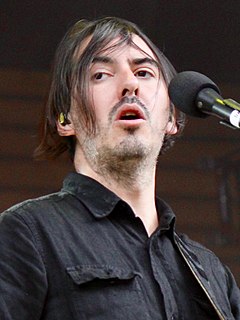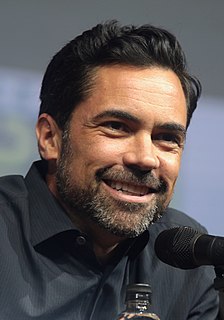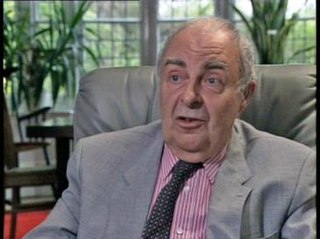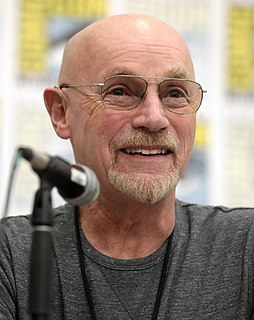A Quote by Jonas Mekas
Just as in writing, there are novelistic and sort of pedestrian ways of telling a story, to write a postcard with your little pocket camera and put it on websites. I think that's where the most exciting kind of imagery and content is being recorded and exchanged today.
Related Quotes
I think that people have to have a story. When you tell a story, most people are not good storytellers because they think it's about them. You have to make your story, whatever story it is you're telling, their story. So you have to get good at telling a story so they can identify themselves in your story.
I couldn't have articulated this process at the time; I just sort of did it instinctually. But now when I talk about this with my students all the time, it's one of the first things I address in memoir classes - that you have to put it all in because you're writing your way into the ending of your own story. Even if you think you know what the story is, you don't until you write it. If you start leaving things out you could leave out vital organs and not know it.
In fiction the narrator is a performance of voice, and it can be any style of voice, but I'm interested in the ways that a voice that knows it's telling a story is actually telling a different story than it intends to. In the way that I can sit here and tell you what I had for breakfast, but I'm really telling you that I'm having an affair, something like that. And I don't think my writing is plain, but I think a lot of my characters are just talking. There is vulnerability there, in that we can start to see through them, we can start to see where they're deceiving themselves.
Knowing that a story needs to be told is a great motivator, even if telling a given story comes at a price. Writing Hunger has been the most difficult writing of my life, and it's the rawest and perhaps most necessary. We'll see how people take it. I always strive to write beyond personal catharsis because though I write first and foremost for myself, I do recognize that I need to look outward as much if not more than I look inward, so the reader has something with which they can engage.
Until today, you may not have realized that your life provides the content of your obituary. Just for today, examine your life. Think about all of the things you want to leave behind. Remember, the good thing about doing this today is that you still have time to rewrite your life's content if necessary.
I was interested in the ways we can write biography. When you're first starting to write about your own life it feels so shapeless because you don't know how to make your own story cohesive. How do I pluck a story out of the entirety of what it means to be alive. It occurred to me recently that when you're telling a story about your own life, rather than taking a chunk, you're kinda like lifting a thread from a loom.






































